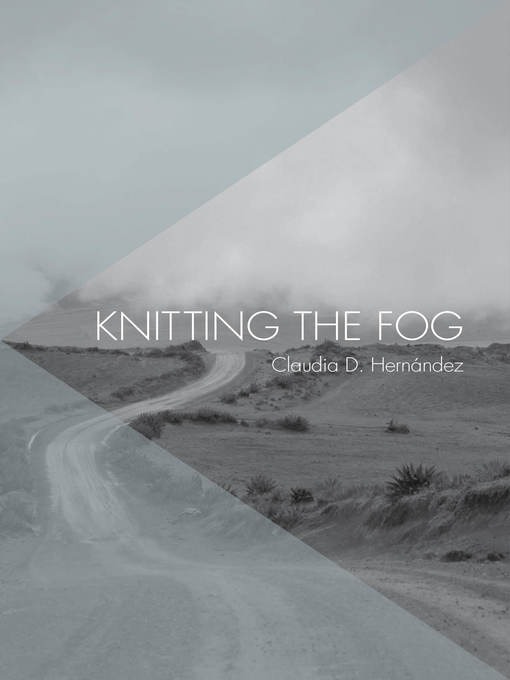
Knitting the Fog
کتاب های مرتبط
- اطلاعات
- نقد و بررسی
- دیدگاه کاربران
نقد و بررسی

June 1, 2019
Hernández's debut memoir dives deep into moments before, during, and after crossing into a new country in the life of a young immigrant. Here is truly a matriarchal story: the author's young existence is at once expanded and contained by her mother, aunt, grandmother, and two sisters. The female lineage and the women's survival is radiantly strong; the men, abusive or loving, fade into the background. Hernandez's hybrid style and focus on childhood (she writes about her girlhood and nascent adolescence for most of the book) draw readers into everyday surfaces where acculturation and defiance take place, such as the muddy riverbank in Tactic, Guatemala, as mango pits float by, and the oil-slicked blacktop in Cudahy, LA. Poems bubble up between playful and immersive prose chapters at key junctures in the journey to remind us that international borders are both less and more than just a line, and that resilient families won't be contained by political strictures. This story of women, children, immigration, and the Latinx diaspora is a critical contribution to multiple narrative realms. It shines for its genre experimentation and loyal specificity to one girl's experience. VERDICT YA readers might connect particularly well with Hernández's voice. For fans of Ocean Vuong, Junot Diaz, and Chimamanda Ngozi Adichie.--Sierra Dickey, Ctr. for New Americans, Northampton, MA
Copyright 2019 Library Journal, LLC Used with permission.

June 1, 2019
The title of Hern�ndez's beautiful blend of essay and poetry comes from the poem at the center of the book, which lyrically captures the movement between lands, The soil knows no border. When their mother leaves Guatemala for a chance at survival in El Norte, four-year-old Claudia and her sisters are shuffled between their aunt in the pueblo of Tactic and their grandmother in Mayahuelas (their father barely makes an appearance) until their mother finally returns to take them with her to California. When the family returns to Guatemala for a reunion with the elder women, the book ends with a satisfying revelation. Hern�ndez affectionately tells the tale of her childhood among a strong family of women in four narrative parts and in English prose laced with poetry in English, Spanish, and a bit of her indigenous language, Poqomchi. Each aspect of young Hern�ndez's experiences will resonate with readers, but of particular note is her painful attempt to try to find her place in American public schools, in which she is bullied for her funny ?that is, non-Mexican?Spanish accent.(Reprinted with permission of Booklist, copyright 2019, American Library Association.)

























دیدگاه کاربران